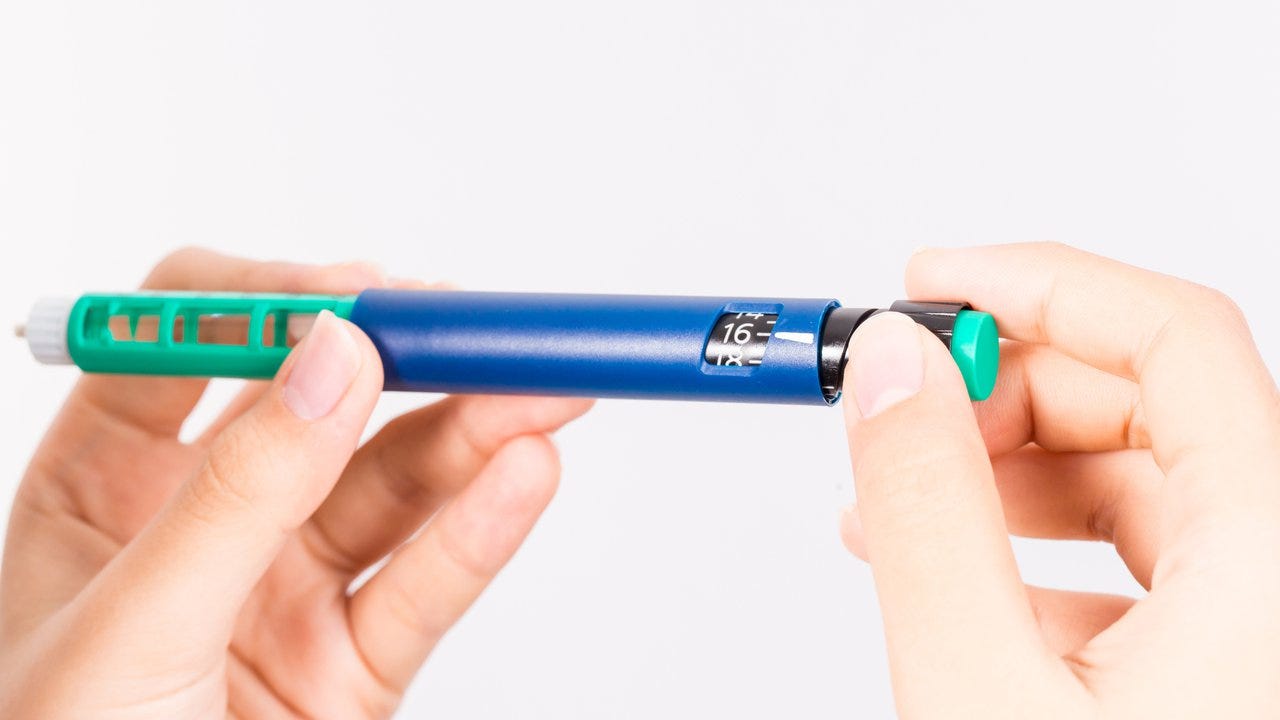Insulin vs. Non-Insulin: Understanding Type 2 Diabetes Medicine
The most important and impactful way to manage type 2 diabetes is by changing your lifestyle. “This includes a healthy diet with no drinkable carbohydrates, a good exercise regimen, a mindful practice, and keeping a...Monday, March 16th 2020, 1:31 pm
The most important and impactful way to manage type 2 diabetes is by changing your lifestyle. “This includes a healthy diet with no drinkable carbohydrates, a good exercise regimen, a mindful practice, and keeping a healthy, normal weight,” says Ana Kausel, MD, endocrinologist in New York City.
For some people with diabetes, however, healthier habits may not be enough. If lifestyle changes have not succeeded in bringing A1C numbers down or if blood sugar numbers are dangerously high from the get-go, doctors may turn to medications. These medications may be insulin or non-insulin medications.
Understanding Insulin Medications
“When a type 2 diabetic stops making insulin, it’s because they’ve been struggling for years and years with insulin overproduction and insulin resistance. There’s a point where the pancreas shuts down and stops the insulin production,” says Dr. Kausel. “With the treatment of insulin we just want to give the pancreas a break, reset, and start the production again slowly.”
There are different types of insulin medications that do different jobs: long-acting insulin and short-acting insulin.
Long-acting insulin, also called basal insulin, is a single-dose daily insulin that helps keep blood sugar levels stable throughout the day.
Short-acting insulin is used before meals to control blood sugar. Short-acting insulin mimics the action of the pancreas, which is to increase the production of insulin with each meal, says Dr. Kausel.
Insulin may be offered as an injectable or inhaled medication. Traditionally, it came in a vial, and you would need to use a needle and syringe. Today, you have other options: “The most common presentation of insulin nowadays is insulin pens,” says Dr. Kausel.
Treatment plans for diabetes patients vary—not everyone is treated with insulin medications. “We usually start with non-insulin medications,” says Dr. Kausel.
Understanding Non-Insulin Medications
Non-insulin medications work differently than insulin, and they are divided by how they work in the body. Types of non-insulin medications:
- Metformin works with the liver to improve how it uses insulin. This is considered the first-line therapy for treating type 2 diabetes.
- DPP-4 inhibitors work with the pancreas to slow down digestion and reduce excessive release of glucagon.
- GLP-1 agonists block carbohydrate absorption in the intestines.
- SGLT2 inhibitors help the kidneys expel excess sugar through the urine.
- TZDs work to boost insulin sensitivity to help the body metabolize blood sugar.
“There are great new advancements for the management of diabetes with non-insulin medications,” says Dr. Kausel. Certain medications—specifically the GLP-1 agonists and SGLT2 inhibitors—have benefits beyond diabetes management, including heart and kidney protection.
“It is very important that you trust your diabetes team, trust your doctor, and discuss all the diabetes aspects so you can have a better quality of life,” says Dr. Kausel.

All rights reserved.
More Like This
March 16th, 2020
December 11th, 2024
December 11th, 2024
December 11th, 2024
Top Headlines
December 11th, 2024
December 11th, 2024
December 11th, 2024
December 11th, 2024







